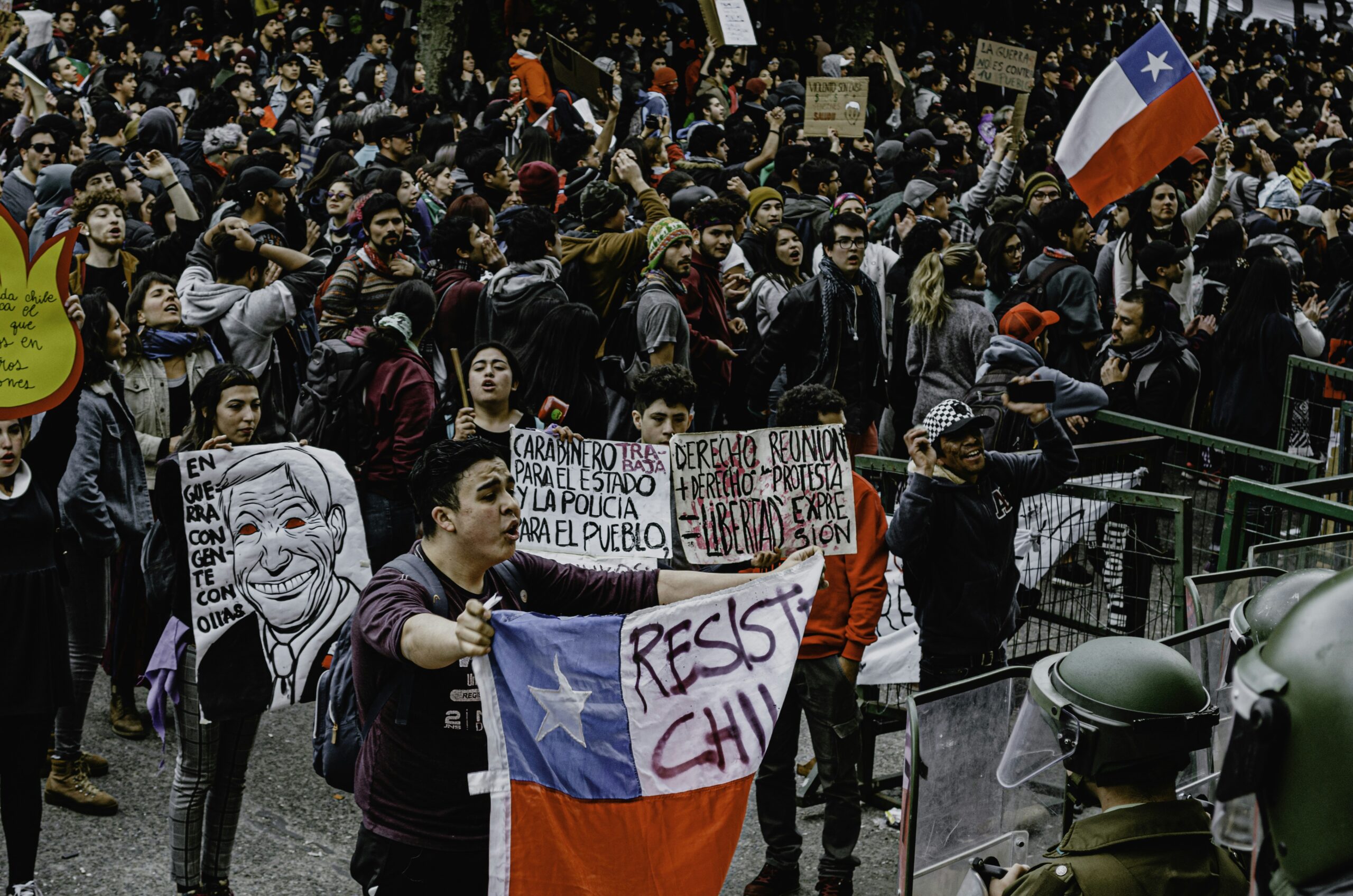
In a recent high-stakes diplomatic exchange, Lebanon’s President conveyed a strong message of sovereignty to Iran’s top security official, rejecting any external interference in the country’s internal matters. This discussion has surfaced amidst ongoing debates over a governmental disarmament plan targeting Hezbollah, further intensifying the geopolitical dynamics in the region.
Key Facts
During a visit by Iran’s Supreme National Security Council chief, Ali Larijani, to Beirut, Lebanon’s stance was made clear. The Lebanese government, which had previously ordered the military to formulate a disarmament strategy for Hezbollah by the end of 2025, faced direct criticism from Iran, which opposes the disarmament. Hezbollah, a significant Iran-aligned faction within Lebanon, was notably more heavily armed than the Lebanese military prior to a recent conflict with Israel.
- Lebanon’s President criticized Tehran’s unconstructive comments on the disarmament plans.
- Iran’s Larijani responded by emphasizing Iran’s respect for Lebanese sovereignty and decision-making processes.
- The backdrop includes a recent war with Israel, post which Hezbollah’s capabilities were notably diminished.
Official Reactions
President Aoun’s declarations underscored a firm stance against external pressures, highlighting the inadmissibility of armed factions leveraging foreign support within Lebanon. Larijani, on his part, denied any Iranian interference in Lebanese decisions, countering with remarks that external nations, particularly implicating the US, should refrain from imposing plans and timelines on Lebanon.
Both officials also discussed the broader implications of foreign relationships, with Larijani stressing the importance of distinguishing between Lebanon’s enemies and friends, pointing out the strategic value of ‘resistance’ groups like Hezbollah.
Community and International Response
The visit was marked by public shows of support for Larijani, with Hezbollah sympathizers rallying along the airport road, signaling the deep-rooted alliances and the potential domestic response to any moves against Hezbollah. Additionally, Larijani’s engagements included meetings with other key Lebanese figures such as Prime Minister Nawaf Salam and Parliament Speaker Nabih Berri, indicating a comprehensive Iranian outreach to Lebanon’s political landscape.
Internationally, these developments have drawn attention due to the fragile balance of power in the region, particularly involving Iran’s rivalry with Israel and the broader ‘axis of resistance’ which includes other regional armed factions.
What’s Next
The Lebanese government’s efforts to transition towards a state-centric governance model, moving away from external influences directly engaging non-state actors, represents a significant shift in Lebanon’s internal and external political strategy. This approach, backed by the US, aims to stabilize the region but faces challenges, including potential internal unrest and the balancing act of international diplomacy amid existing tensions with Israel.
The coming months are crucial as Lebanon navigates these complex political dynamics, with the international community watching closely. The outcomes could redefine Lebanon’s role and relationships in the Middle East, impacting broader regional stability.


